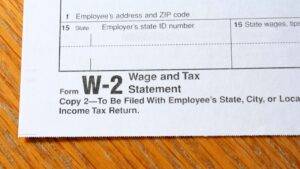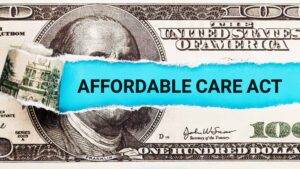
With more than 6 million S Corporation returns filed each year, we'll break down the
6 min read

A nearly $188,000 personal tax liability struck board member Kristopher Dreyer when the Ninth Circuit affirmed that his leadership role at a private school made him personally responsible for the organization’s unpaid trust fund taxes. This cautionary case underscores the exposure board members face when they receive notice of tax delinquencies and fail to ensure payment. Dreyer served as a board member and chairperson of Riverside Christian School (RCS) during the last quarter of 2017 and first two quarters of 2018, a period when RCS failed to pay its trust fund taxes to the IRS.
In December 2021, the IRS determined Dreyer was a “responsible person” under §6672(a) and assessed tax penalties against Dreyer personally, requiring him to pay RCS’s outstanding trust fund taxes, plus interest and penalties. Dreyer paid a portion of the assessment for each quarter and filed suit seeking a refund. The United States countered with a claim for the remaining unpaid portion.
Following a bench trial, the district court ruled in favor of the government, awarding $187,900 plus interest and statutory additions. On appeal to the Ninth Circuit, Dreyer only challenged the finding that his failure to pay was “willful.”
To protect against revenue losses, §6672 authorizes the IRS to assess a civil penalty against responsible corporate officials equal to the amount of delinquent trust fund taxes. The Ninth Circuit in Matter of York, 78 F.4th 1074, 1092 (9th Cir. 2023) recently summarized the three elements required for liability:
For §6672 purposes, “willfulness” is defined as “a voluntary, conscious and intentional act to prefer other creditors over the United States.” No intent to defraud or act in bad faith needs to be proven. Willfulness requires either knowledge of nonpayment or reckless disregard of whether the payments were made.
The Ninth Circuit affirmed the district court’s finding of willfulness, reviewing the factual findings for clear error and legal conclusions de novo. The district court found compelling evidence that Dreyer had knowledge that the trust fund taxes remained unpaid:
The Ninth Circuit concluded that the district court’s rejection of Dreyer’s explanation was well-supported by the record.
The Dreyer case reinforces the significant personal liability risks facing board members and officers when it comes to trust fund taxes. The Ninth Circuit’s decision underscores that awareness of unpaid taxes, combined with control over funds that could pay those taxes, is sufficient to establish willfulness under §6672. Counsel your clients in organizational governance positions about these risks, emphasizing the importance of prioritizing tax payments, maintaining clear documentation of all tax-related communications, and implementing systems to verify tax compliance. As this case demonstrates, “I thought someone else paid it” is not a reliable defense.






Subscribe to our news, analysis, and updates to receive 10% off your first purchase of an on-demand digital CPE course.